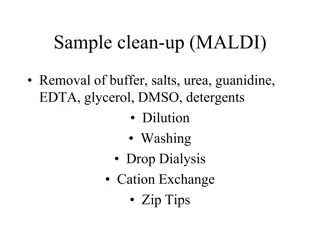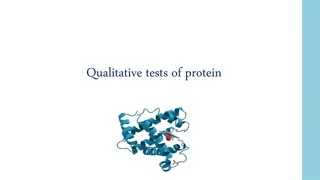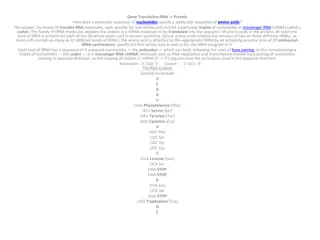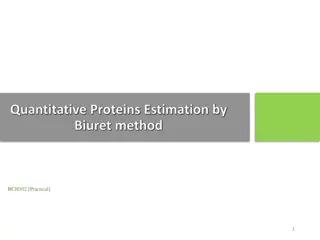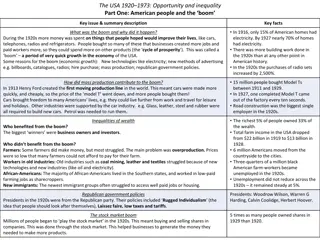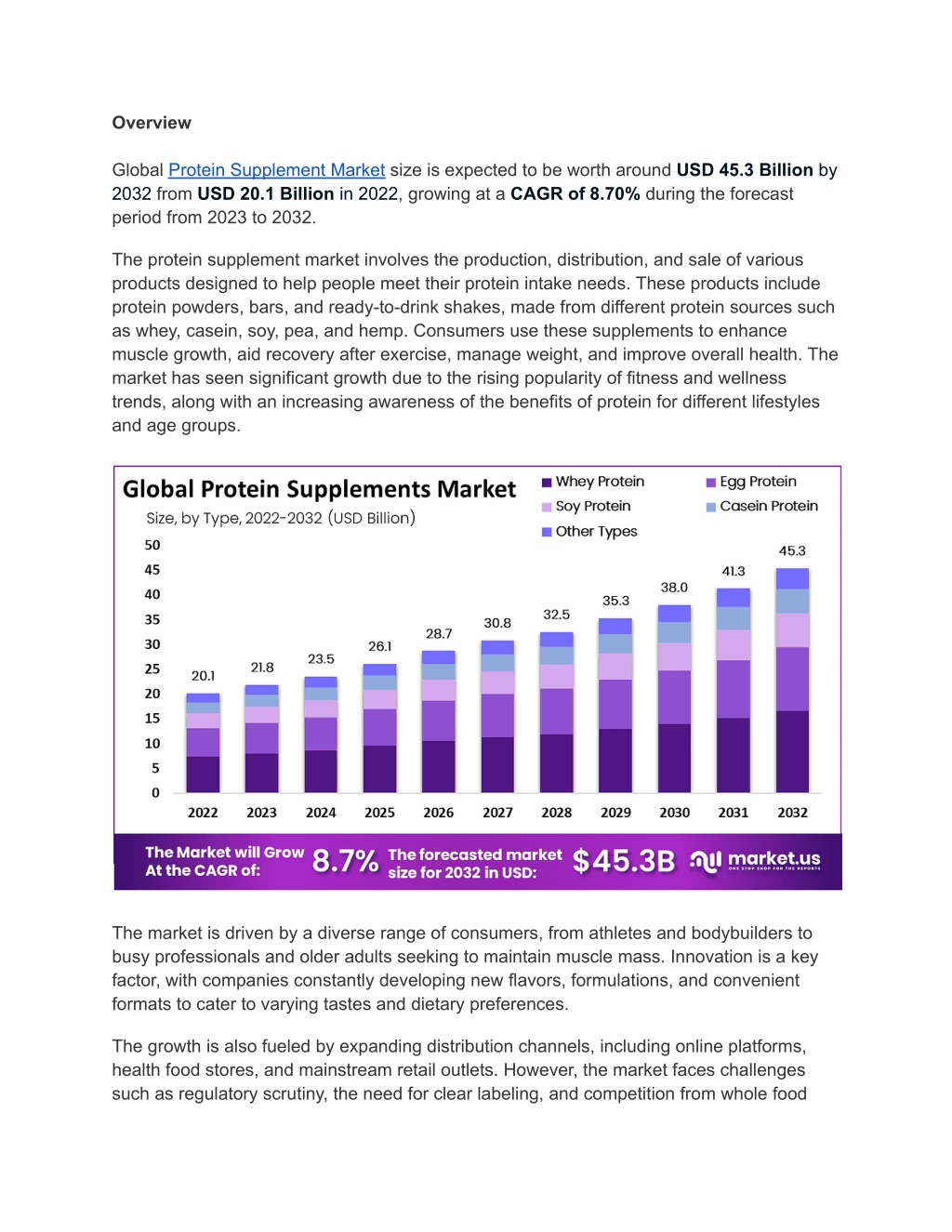
Protein Supplement Market: Technological Advancements and Future Trends
Global Protein Supplement Market size is expected to be worth around USD 45.3 Billion by 2032 from USD 20.1 Billion in 2022, growing at a CAGR of 8.70%n
Download Presentation

Please find below an Image/Link to download the presentation.
The content on the website is provided AS IS for your information and personal use only. It may not be sold, licensed, or shared on other websites without obtaining consent from the author. Download presentation by click this link. If you encounter any issues during the download, it is possible that the publisher has removed the file from their server.
E N D
Presentation Transcript
Overview Global Protein Supplement Market size is expected to be worth around USD 45.3 Billion by 2032 from USD 20.1 Billion in 2022, growing at a CAGR of 8.70% during the forecast period from 2023 to 2032. The protein supplement market involves the production, distribution, and sale of various products designed to help people meet their protein intake needs. These products include protein powders, bars, and ready-to-drink shakes, made from different protein sources such as whey, casein, soy, pea, and hemp. Consumers use these supplements to enhance muscle growth, aid recovery after exercise, manage weight, and improve overall health. The market has seen significant growth due to the rising popularity of fitness and wellness trends, along with an increasing awareness of the benefits of protein for different lifestyles and age groups. The market is driven by a diverse range of consumers, from athletes and bodybuilders to busy professionals and older adults seeking to maintain muscle mass. Innovation is a key factor, with companies constantly developing new flavors, formulations, and convenient formats to cater to varying tastes and dietary preferences. The growth is also fueled by expanding distribution channels, including online platforms, health food stores, and mainstream retail outlets. However, the market faces challenges such as regulatory scrutiny, the need for clear labeling, and competition from whole food
sources. Despite these challenges, the protein supplement market is expected to continue expanding as health and fitness remain top priorities for many consumers. Key Market Segments Type Whey Protein Egg Protein Soy Protein Casein Other Proteins Source Plant-Based Animal Based Form Ready to Drink Protein Powder Protein Bar Other Forms Distribution Channel Online Specialist Sports Store Other Distribution Channels Download a sample report in MINUTES@https://market.us/report/protein-supplement-market/request-sample/ In 2022, the protein supplement market saw significant growth across various types. Whey protein dominated with the highest market share due to its abundant branched-chain amino acids. Animal-based protein supplements, including whey, casein, egg, and others, generated the most revenue. Protein powder accounted for 55.0% of market revenue,
sourced from whey, egg, soy, casein, and other proteins. Online retailers led sales with over 43% revenue share, driven by internet shopping convenience and discounts. Supermarkets and hypermarkets are expected to grow at a CAGR of 8.5% over the forecast period. Market Key Players Amway Corporation Glanbia PLC MusclePharm Corporation Abbott Laboratories CytoSport Inc. Lovate Health Sciences International Inc. Kerry Group PLC Reliance Vitamin Company Inc. Orgain Inc. True Nutrition NOW Foods Other Key Players Drivers: The protein supplement market is driven by increasing demand for sports nutrition supplements, bolstered by robust sports infrastructure and government support. Changing lifestyles and rising health awareness are also boosting consumer reliance on protein supplements. Restraints: High production costs due to fluctuating raw material prices, such as milk and soybeans, pose a significant challenge. Price instability influenced by political, economic, and environmental factors impacts the market. Opportunities: Growing emphasis on healthy diets worldwide presents a significant opportunity, fueled by heightened health consciousness post-COVID-19. Government initiatives promoting fitness and dietary improvements further drive demand for protein supplements.
Challenges: Intense competition from alternative protein sources like plant-based products poses a challenge to traditional protein supplement growth. Despite slower growth rates, these alternatives are gaining traction among health-conscious consumers.















